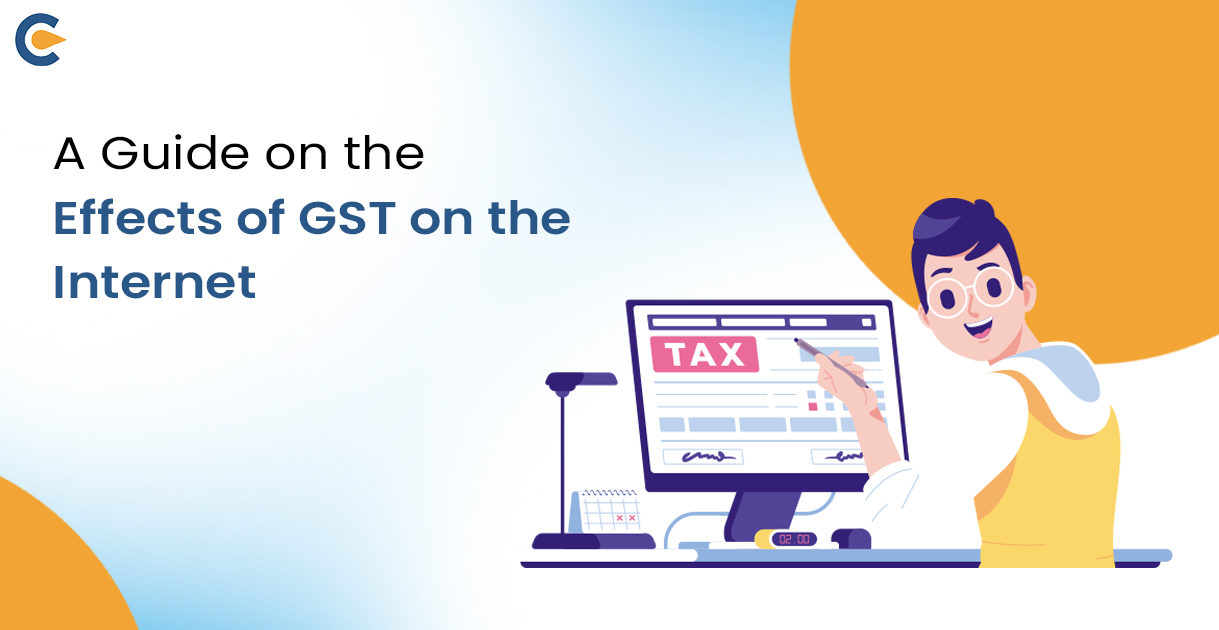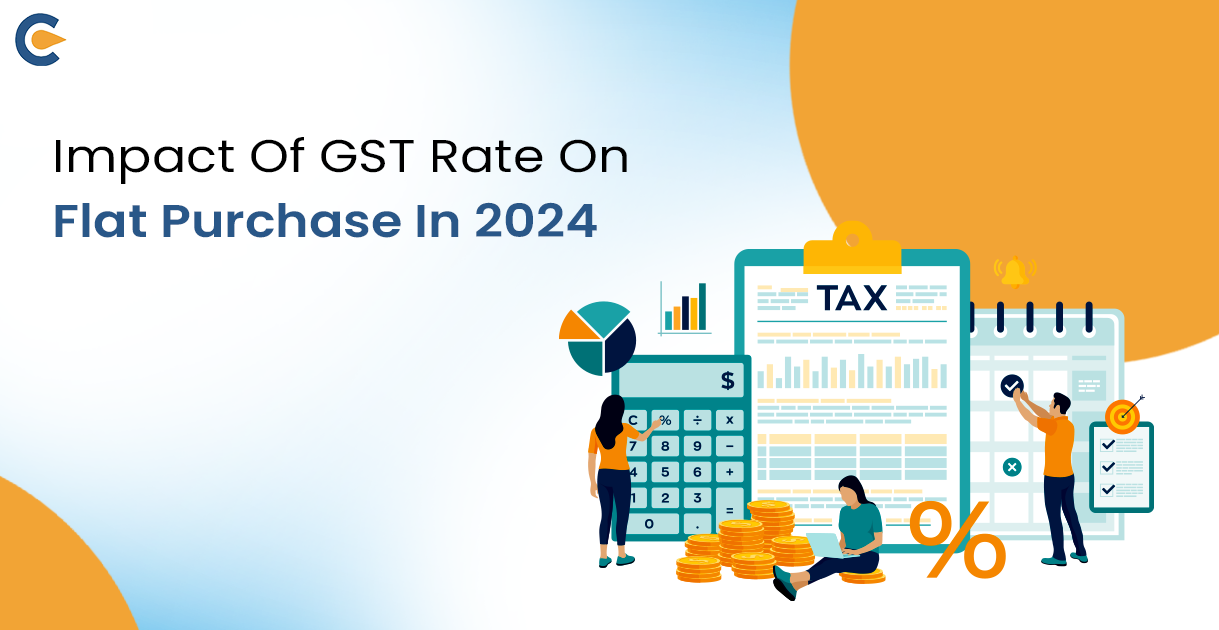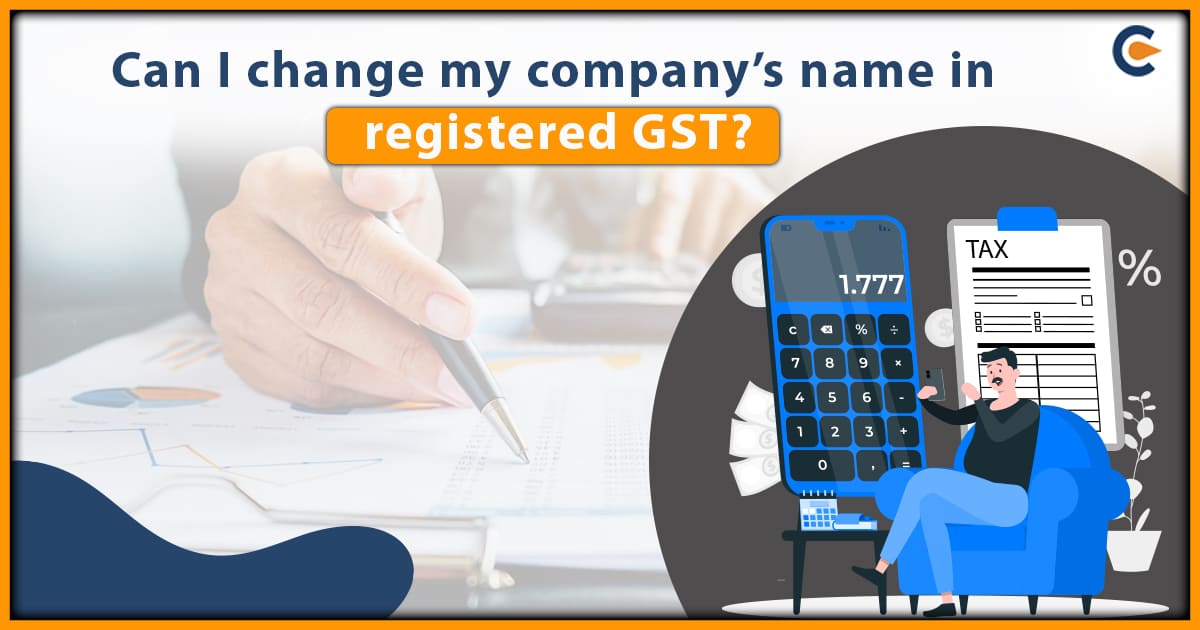GST on the Internet has become a topic to talk about as the Internet is a vital component of modern life, facilitating communication, connection, business, education, and many other aspects of life. Its importance in our everyday lives is indisputable, and it’s frequently considered a necessary service, much like water or electricity. Taxation is a crucial yet sometimes disregarded factor that affects the availability and calibre of this service.
Israel is the nation that provides the least expensive mobile data globally, whereas Saint Helena, a British Overseas territory in the South Atlantic Ocean, provides the most expensive data to subscribers. India comes in third place among countries with the lowest internet data rates, according to a Statist a analysis.
BSNL Bharat Fiber and Jio Fiber are among the top participants in the sector, serving nearly every region of India. Regional providers such as Excitel, Tata Sky broadband, You broadband, and Hathway exist in addition to these. Several elements influence the price of the Internet in India, and these ISPs provide clients with Internet access in reasonably priced bundles.
What is the effect of GST on the Internet?
GST on the Internet, either direct or indirect, that is, GST Rate on the Internet or taxation on the Internet, can certainly have a huge effect on Internet services. Let us understand the possible effects of Tax on the Internet:
GST on the Internet: Changing the Face of the Internet
The way that internet services are shaped is significantly influenced by GST on the Internet. Value-added taxes (VAT), sales taxes, telecoms taxes, taxation on the Internet and digital service taxes are just a few of the levies that governments impose throughout the globe to control the market or raise income. Despite having more general financial goals in mind, these levies have a variety of effects on cost and accessibility to the Internet.
Effects on Accessibility and Affordability
Taxes, such as the GST Rate on the Internet, have a direct effect on how much Internet services cost for both consumers and companies. Elevated taxes can drive up the cost of gadgets, internet subscriptions, and digital services, therefore preventing economically disadvantaged people from accessing them. Therefore, by erecting obstacles to opportunity, education, and information, these levies may worsen the digital divide and impede socioeconomic advancement.
Impact on Economic Growth and Innovation
There is a substantial relationship between tax laws and innovation in the digital domain. GST on internet-related firms and services that are either excessive or improperly targeted may hinder innovation by cutting down on funds for R&D and business growth. On the other hand, tax exemptions or incentives might promote an atmosphere that is favourable to technology development, promoting economic growth and entrepreneurship in the digital space.
Regulatory Obstacles and International Views
The international nature of the Internet presents difficulties for legal and Tax systems. Different tax laws in different countries, such as GST on the Internet, can cause complications and disputes when digital services cross national borders, which can affect international trade and cooperation. In order to provide equitable and consistent taxation guidelines for internet services, this situation calls for international negotiations and agreements.
Balancing Access and Taxes
Achieving a balance between widespread internet access and taxes is essential. The socioeconomic effects of taxation on Internet services must be taken into account by policymakers and other relevant parties. To fully utilize the Internet as a necessary service, tax policies that encourage affordability, innovation, and closing the digital gap must be established.
Is there a direct Impact of GST on the Internet?
GST on the Internet is also charged in our country. Similarly, there is a direct impact of taxation on the Internet,
Our access to information has altered as a result of the Internet. The affordability of internet connectivity is a critical factor, and taxation plays a pivotal part in determining cost-effectiveness. The following list of variables directly impacts the internet service.
GST Rate on the Internet: Compared to earlier rates, the GST tax on online services is now 18%. Customers will pay more as a result, which will reduce the Internet’s transferability among rural and low-income people.
Spectrum Fees: Obtaining a telecom license or spectrum license is expensive. As a result, it affects mobile internet service providers, raising customer data rates and taxes on the Internet.
Corporate Taxes: Although the corporate Tax has no direct effect on consumers, it does have an impact on the company’s overall operating costs. According to the plan, the fee that ISPs pay gradually drives up the cost of Internet services and taxation on the Internet.
What is the indirect Impact of GST on the Internet?
The telecom firms’ entrance fees will be GST on the Internet as capital expenditures rather than revenue expenditures, in accordance with the ruling of the Supreme Court. The telecom corporations’ tax liabilities would rise as a result of this Supreme Court ruling. The following list of factors indirectly affects services like the Internet.
Import Duties: The price that ISPs must pay for the infrastructure and equipment needed to expand their networks. This raises the total cost of Internet service providers, which eventually results in increased Internet costs.
Land taxes and leasing: In the event that the ISP leases the infrastructure. Additionally, it affects internet affordability and adds to the rise in operating costs.
What is the applicability of GST on the Internet?
The Indian telecom industry is now divided into three categories:
- Manufacturers of equipment, infrastructure, and telecom services.
- Telecom service and infrastructure companies are responsible for providing broadband services.
The CGST Act, 2017’s Section 2(110) defines a “telecommunication service” as follows:
“Any service of any kind, made available to users by means of any transmission or reception of writing, signs, signals, sounds and images, or intelligence of any kind, by radio, wire, visual, or other electromagnetic means;” this includes electronic mail, data services, voice mail, audio text services, video text services, cellular mobile telephone services, and radio paging.
What is the GST Rate and HSN Code for Broadband Services?
For broadband services, the relevant GST rate on the Internet is 18%. The HSN 9984 is assigned to these services. In a similar vein, an 18% GST on the Internet is applied to ISPs.
Moreover, the SAC code for internet telecommunication services, or internet-based electronic signal transmission, is 99842. Services related to internet access and backbone are categorized as 998421 and 998422, respectively.
Direct broadband and narrowband connections to the Internet via cable, wireless, satellite, or terrestrial methods are offered by Internet access providers. Other complimentary services like internet access, email, chat rooms, web page creation tools, security software, etc., can also be combined by the ISP. Within its scope, it also includes package enhancements like international roaming and remote internet access.
What is the GST on Telecom Services?
- In addition to the 0.5% Swachh Bharat Cess (SBC) and the 0.5% Krishi Kalyan Cess (KKC), cellular services are subject to a 14% tax. A pure value-added tax is the service tax. This is because, although the SBC Input Tax Credit is not accessible, the KKC ITC may only be deducted from KKC. These two cesses are levied on turnover.
- Under the GST framework, telecom services are subject to an 18% GST. Due to the complete ITC of the inputs and input services utilized in the course, this is a pure value-added tax.
- Neither the credit of VAT paid on products nor the special extra Tax (SAD) paid on imported items or equipment are available to telecom service providers. Telecom service providers, however, are eligible to claim a credit for IGST paid on both imported and domestically purchased items under the GST.
- The telecoms can now claim a three-year ITC for service tax that was paid on a spectrum assignment by the government in 2016. The whole credit may be claimed in a single year under the GST regime. In the current fiscal year, the remaining two-thirds of the credit from the prior year will be accepted. With all of these in place, the telecoms’ cash GST burden would drop to around 87% of what it was during the previous fiscal year.
- The telecoms must adjust their pricing and reevaluate their credit availability and costs. Additionally, make sure that by cutting their prices, the clients benefit from the increasing supply of credits.
How can Corpbiz help you understand the effect of GST on the Internet?
Corpbiz offers insights into GST on the Internet and how the Goods and Services Tax (GST) will affect the online industry. Gaining an understanding of the taxation complexities and GST rates that apply to online services is necessary to comprehend how the GST is affecting the Internet. Corpbiz provides clarity on the tax structures pertaining to online transactions by skillfully navigating through these intricacies.
The company demystifies the fiscal complexities faced by firms working in the digital world by explaining the GST rate on internet-related services. Corpbiz provides businesses with the necessary information to manage regulatory compliance effectively by thoroughly examining the Tax on internet-based transactions.
Corpbiz has the ability to describe how the Goods and Services Tax (GST) would affect digital services, online platforms, and e-commerce. Their advice aids in the efficient planning of organizations, guaranteeing adherence to GST laws and streamlining operations in the internet-based service industry.
With their customized solutions and in-depth knowledge of the implications of GST, Corpbiz enables companies to make well-informed decisions, reduce risks, and take advantage of possibilities in the constantly changing online taxation environment.
Frequently Asked Questions (FAQs)
For broadband services, the relevant GST is 18%. The HSN 9984 is assigned to these services. In a similar vein, an 18% GST tax is applied to ISPs. Moreover, the SAC code for internet telecommunication services, or internet-based electronic signal transmission, is 99842.
The standard rate of 18% GST has taken the place of the previous 15% service tax on bank transfers and internet purchases. This Tax will be applied to the fees that banks charge for the online transactions that their customers complete.
To put it briefly, taxpayers now have more control over their financial commitments thanks to Internet tax systems. Simultaneously, the government benefits from enhanced insights and optimized procedures, promoting a more responsible and successful economic environment.
Taxes can increase the cost of internet services, affecting their affordability and accessibility for users. They also influence the pricing strategies of service providers.
Various taxes such as GST, sales tax, and digital services tax can be levied on internet-based transactions, impacting both consumers and providers.
Yes, tax rates vary based on the nature of services. For instance, some countries impose different rates for streaming services compared to software downloads.
Taxation impacts e-commerce through various levies like sales tax or VAT, potentially altering pricing strategies and profit margins for online businesses.
Yes, stringent tax policies may hinder digital innovation and startups by increasing their operational costs, potentially limiting growth and competitiveness.
Digital services taxes can significantly impact multinational internet corporations by altering their tax liabilities in different countries, affecting their bottom line.
Some jurisdictions offer tax exemptions or incentives to foster the growth of certain internet services, encouraging innovation and investment.
Taxation policies can impact peer-to-peer platforms and the sharing economy, influencing their operational costs and pricing strategies.
Compliance challenges arise due to the complexity of tax laws across jurisdictions, requiring businesses to navigate diverse regulations.
Yes, taxation policies can impact the cost and feasibility of cross-border digital transactions, influencing trade dynamics and market access.
Read Our Article: Impact Of GST Rate On Flat Purchase In 2024











